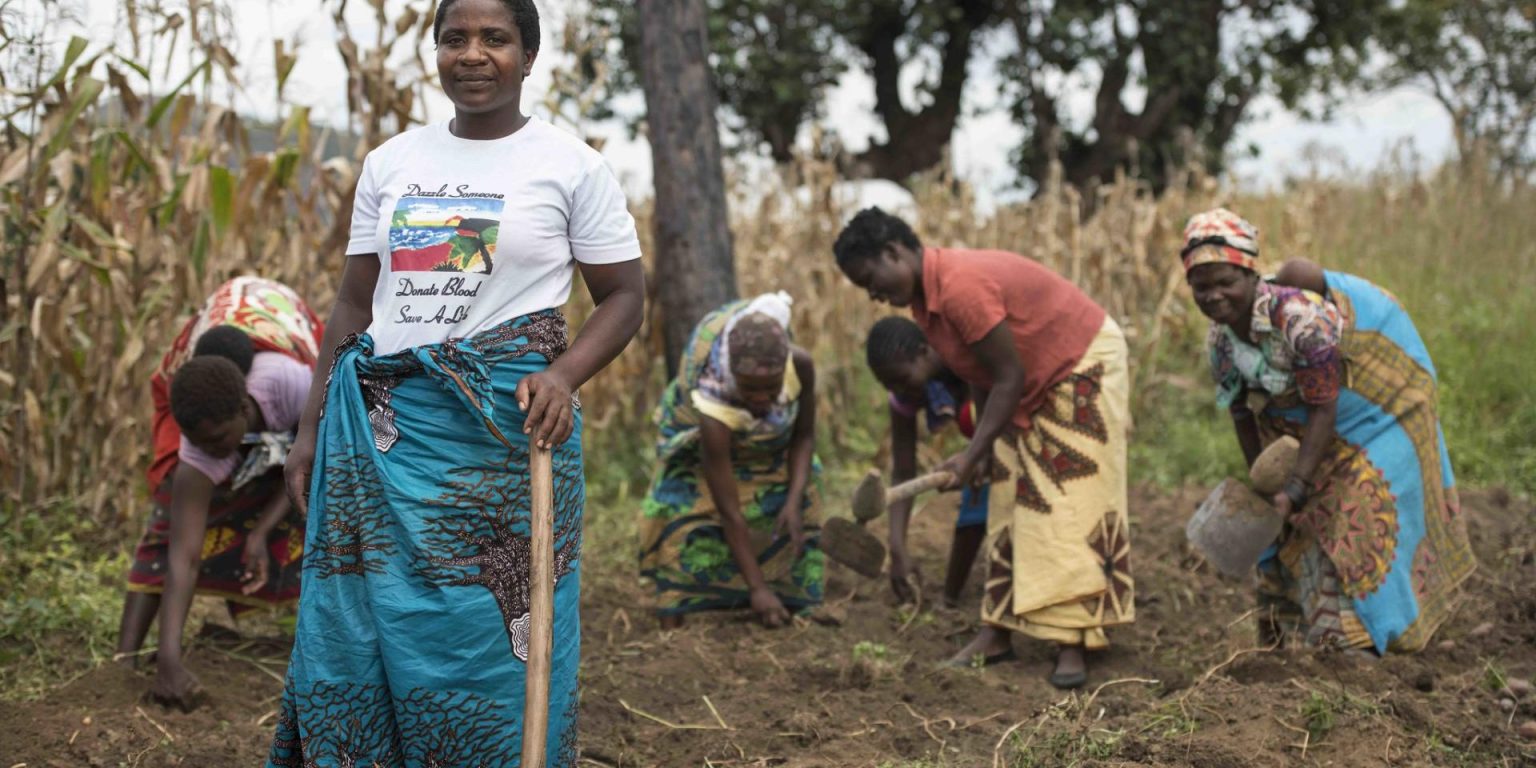According to a journal published by the Faculty of Agriculture, Obafemi Awolowo University, Ile-Ife, empowering women in Nigerian agriculture has been a pivotal aspect of sustainable development. Success stories abound, showcasing how initiatives and interventions have contributed to gender inclusivity, improved livelihoods, and enhanced agricultural productivity, such as:
1. Access to education and training: One success story involves programmes that focus on educating and training women in agricultural practices. By providing access to training workshops and educational resources, women have gained valuable skills, enabling them to actively participate in farming activities and make informed decisions.
2. Financial inclusion: Initiatives promoting financial inclusion for women in agriculture have yielded positive outcomes. Access to microfinance institutions, credit facilities, and savings groups has empowered women to invest in their farms, purchase quality inputs, and expand their agricultural enterprises.
3. Women’s cooperatives: The formation of women’s cooperatives has been a notable success. These cooperatives provide a platform for women to collaborate, share knowledge, and collectively address challenges. By pooling resources, women farmers can negotiate better prices, access markets, and implement sustainable farming practices.
4. Technology adoption: Success stories in empowering women in Nigerian agriculture often involve the adoption of technology. Mobile apps, precision farming tools, and access to information through digital platforms have enabled women to enhance their farming practices, improve yields, and connect with markets more effectively.
5. Leadership and decision-making roles: Promoting women into leadership and decision-making roles within agricultural organisations has been a significant success. Recognising and valuing the contributions of women in shaping agricultural policies and practices have led to more inclusive and equitable agricultural systems.
6. Access to land ownership: Initiatives that address land ownership challenges for women have resulted in success stories. Secure land tenure empowers women to invest in their farms with confidence, fostering a sense of ownership and long-term commitment to sustainable agricultural practices.
7. Value addition and agribusiness: Successful stories often revolve around empowering women to engage in agribusiness and value addition. Training women in food processing, packaging, and marketing not only adds value to their produce, but also opens new avenues for income generation.
8. Community engagement and awareness: Community-level interventions that raise awareness about the importance of women in agriculture and challenge traditional gender norms have yielded positive outcomes. Empowered communities are more likely to appreciate and support women’s roles in agriculture.
9. Government support and policies: Success stories in empowering women in Nigerian agriculture are often linked to supportive government policies. Policies that address gender disparities, provide financial incentives, and promote women’s participation in decision-making contribute significantly to the success of these empowerment initiatives.




2 Comments
What role does a sense of ownership play in the success of women in agriculture?
Ownership is crucial to women’s success in agriculture. When women own land or farming inputs, they are more empowered to make independent decisions, access credit, adopt modern techniques, and reinvest in their farms. Studies by the International Food Policy Research Institute (IFPRI) show that women with land rights contribute more significantly to household food security and national agricultural output. Ownership cultivates dignity, autonomy, and motivation, leading to increased productivity and innovation.